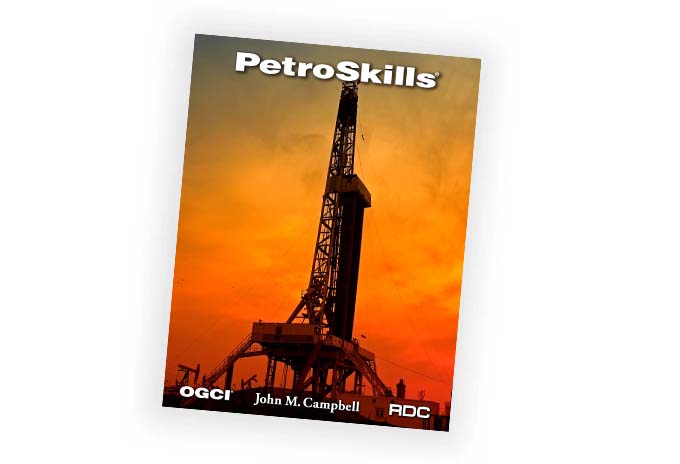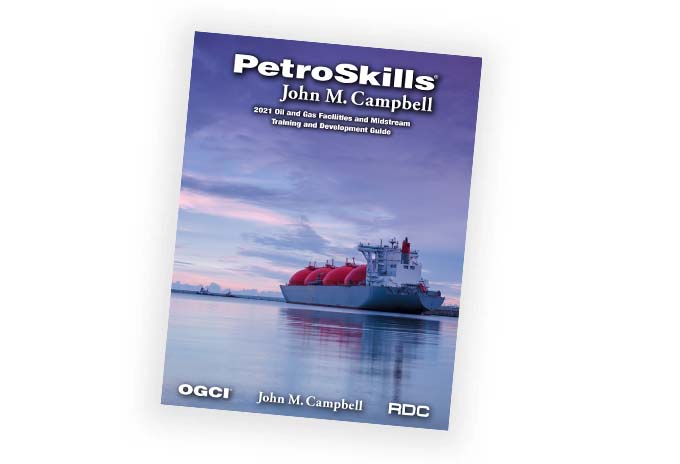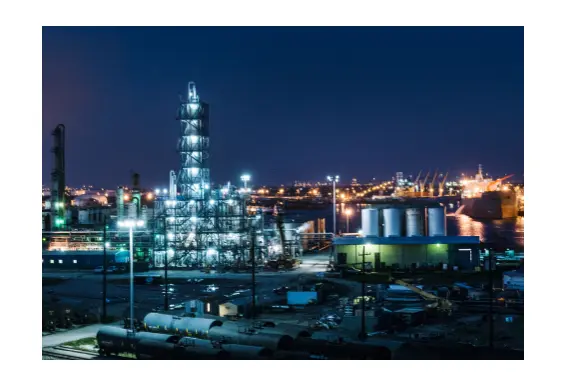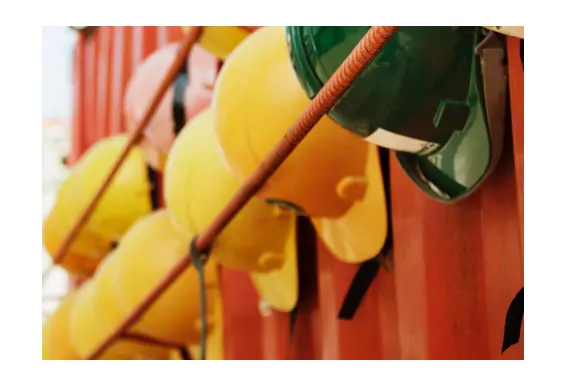Heat Transfer Equipment Fundamentals for Facilities Engineers - eLearning series
About the Course
This short course is from the industry-standard Gas Conditioning and Process course (G-4), known globally as the Campbell Gas Course. Each session will follow the format below:
This course includes:
- 3.5 hours prerequisite eLearning modules (participants may test out)
- 5.5 hours required eLearning modules
- 6 hours virtual, instructor-led sessions (pre-recorded)
Click here to see the full G-4 Short Course listing
Heat exchangers are very important components in gas conditioning and processing facilities. Being able to maintain process temperatures is a critical factor in the process meeting the desired outcome or product compositions. If heat exchangers begin to foul or are undersized, then the original processing rates often times cannot be maintained, which can impair the effectiveness and availability of downstream equipment.
This short course covers heat transfer equipment from the the principles of heat transfer to the heat exchanger types and common applications:
- Shell and tube
- Plate exchangers
- Brazed aluminum plate-fin exchangers
- Printed circuit
- Pipe-in-pipe
- Coil-wound
- Core-and-kettle
- Indirect fired
- Direct fired
- Air-cooled heat exchangers (both forced and induced draft)
Heat transfer principles are covered and detailed heat and material balance calculations are reviewed to allow one to estimate the required heat transfer area for a given heat exchanger application.
Detailed hand calculation methods will be presented to estimate the sizing of shell and tube heat exchangers which will emphasize the impact of the effective temperature approaches selected. A case study compares the pros and cons of tighter temperature approaches, and heating and cooling curves will be utilized to investigate heat integration.
This course provides insight into the various heat transfer equipment options, and includes simple methods to troubleshoot the performance of existing exchangers through an understanding of principles of heat transfer analysis. These methods can also be applied to check conventional shell and tube heat exchanger vendor bid packages to ensure the vendor is quoting an optimal design for the application.
During the problem debrief and round table discussion, delegates will have the opportunity to share their experiences and challenges with heat transfer equipment.
Prerequisites, which participants can test out of, cover Basic Conversions, Gas and Liquid Physical Properties, Multicomponent Phase Behavior, Thermodynamic Principles and the First Law of Thermodynamics, the Second Law of Thermodynamics and Energy Balance Equations, and Enthalpy Correlations and Applications of Energy Balance Correlations.
Target Audience
Production and processing personnel involved with natural gas and associated liquids, to acquaint or reacquaint themselves with gas conditioning and processing unit operations.
This course is for facilities engineers, process engineers, senior operations personnel, field supervisors, and engineers who select, design, install, evaluate, or operate gas processing plants and related facilities.
These short courses are ideal for mid-career professionals that have experience in the industry and have been transferred to a new role or assignment.
They are also ideal for new engineers that need to get up to speed quickly on the primary principles of gas processing with a deep dive on the issues of the short course topics.
You Will Learn
- Different types of heat exchangers and their applications
- Primary options for process cooling applications
- Methods to estimate heat transfer coefficients
- Methods to estimate the heat transfer surface area required for a given application
- Basic sizing calculations for shell and tube heat exchangers
- Economic approach temperatures for different types of heat exchangers and process applications
Course Content
- Types of Heat Exchangers and Their Common Applications
- Heat Transfer Mechanisms and Parameters Affecting Heat Transfer Coefficient
- Estimating Exchanger's Heat Transfer Area
- Shell and Tube Exchanger Types and their Applications
- Compact Heat Exchanger and Fired Heaters
- Process Cooling Methods and Air-Cooled Heat Exchangers
- Fundamentals of Shell and Tube Heat Exchangers Lecture
- Self-Directed Problem Assignment
- Problem Debrief and Experience Round Table
Product Details
Categories:
MidstreamDisciplines:
Gas Processing Process FacilitiesLevels:
FoundationProduct Type:
CourseFormats Available:
On-DemandAdditional
Request a Public Session
If you are interested in a public session of this course, please click the button below to request it.
Request Public SessionIn-House Training
This course is also available upon request as a private, on-site seminar. Contact us for details and pricing.
Request In-House TrainingNeed Help
Contact us if you have additional questions about how to register for or attend this course.
Contact Us



